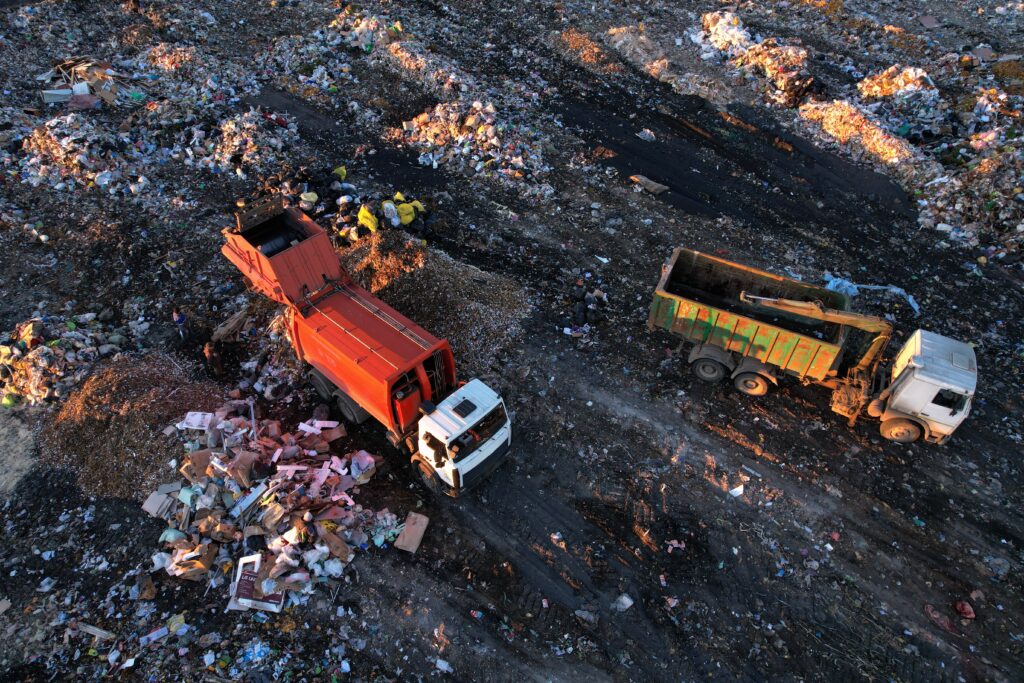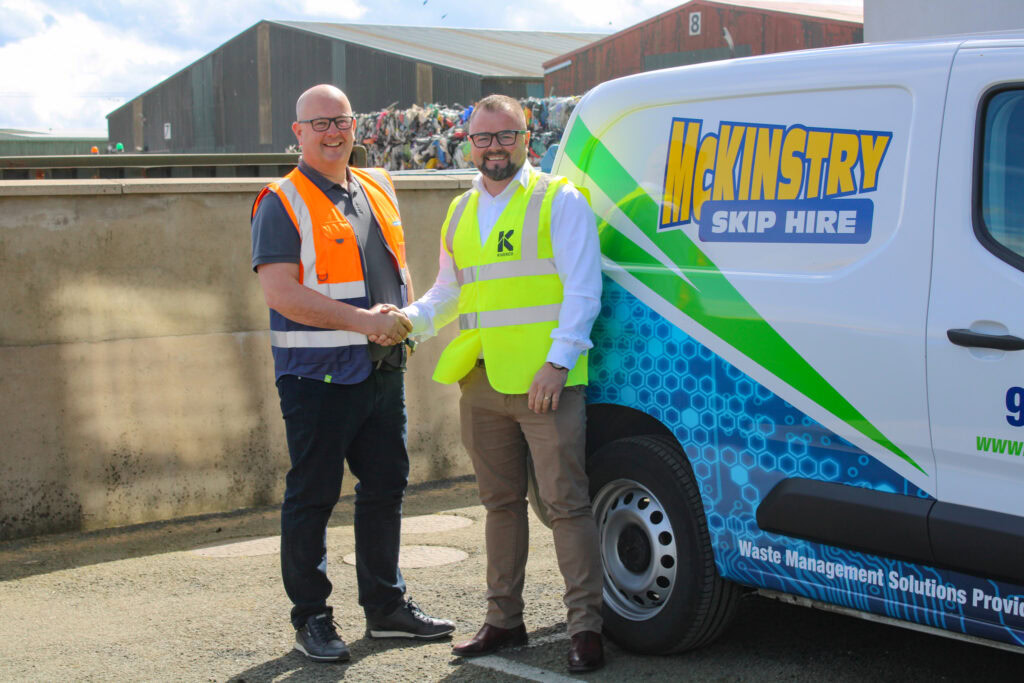Paul Dumpleton, director of materials management at the company, said the UK waste industry is taking “significant steps forward” to ensure material is being “exported lawfully and then lawfully reprocessed in regulated facilities” with the new industry audit scheme (see letsrecycle.com story).
– Paul Dumpleton, Shanks Group
But he said it was also up to other countries to follow suit.
Mr Dumpleton was responding to a story in the Independent newspaper suggesting that Britain “dumps” two million tonnes of waste in China every year.
The Shanks director said: “The paper mills and plastic reprocessors in Asia pay for this material to be shipped to them in line with their raw material sourcing policy. This economic transaction by its very nature makes the dumping of recycled material in its delivered form totally uneconomic and nonsensical.
“Does anyone really think it is cheaper to send material to China with all the associated costs of sea freight and road haulage than it is to dispose of it in the UK?” Mr Dumpleton asked.
Regulations
Commenting on the findings of the Independent story, Mr Dumpleton said the presence of mixed plastics in China “is not in any way illegal and does not contravene Transfrontier “green list” regulations”.
And, he noted the irony that UK legislation now requires more recycling than the country can carry out itself, and as a result “we have to export material to Asia to meet the needs of our own laws”.
The real environmental issue, he said, was the impact of developing nations going through industrialisation, particularly in “ensuring that developing countries handle the waste that comes from their own manufacturing processes in the most environmentally friendly way.”
| Related links: |
Mr Dumpleton said: “Market dynamics are changed by the purchaser not the seller. Of course the waste management industry needs to do more to ensure that recyclables being generated in the UK are processed legally and in an environmentally sustainable way, but if we really want to impact change we need the buyers of finished goods to insist that the sources of their supply are fully auditable.
“We have seen it in France when the large retailers stopped buying wine from vineyards that had used raw MSW as compost; we have seen it in the UK when supermarkets refused to buy food from farms that had used untreated sewage on crops; and we need to see it now in the buying policy of products from developing countries,” he said.








Subscribe for free